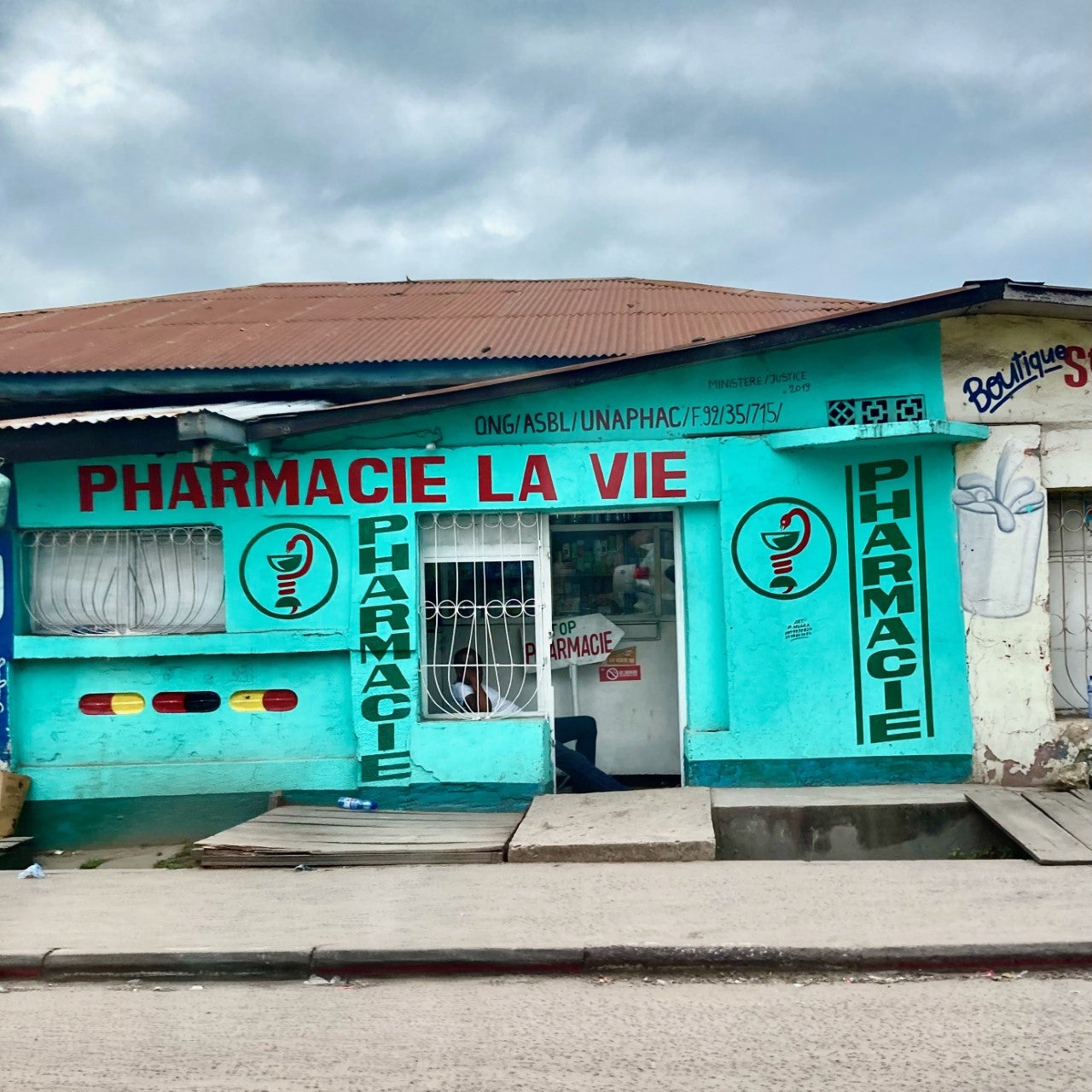Catalytic Opportunity Fund
Assessing the capacity of private sector pharmacies to serve DMPA-SC (self)-injection clients in two provinces of the DRC
Role: Prime Recipient
Donor: Clinton Health Access Initiative (CHAI) / Access Collaborative
OBJECTIVES
The primary objective of this project was to generate evidence supporting the implementation and scale-up of the Operationalization Guidelines for the provision of DMPA-SC contraceptive services in pharmacies and drugstores (P&DS) in the Democratic Republic of Congo (DRC). Led by Tulane University in collaboration with Pathfinder International and DKT, the initiative aimed to assess the feasibility and appropriateness of integrating these guidelines across different local contexts. The project also sought to inform policy and programmatic changes by evaluating service provision quality, provider capacity, and system integration within national health information systems.
Methods
The project employed a mixed-method approach, including 960 mystery client visits across 80 P&DS locations in Kinshasa and Mbuji-Mayi, 80 interviews with trained P&DS personnel, and 80 supervision visits conducted by the National Reproductive Health Program (PNSR). Key areas of assessment included service provider training, quality of counseling, contraceptive stock availability, and adherence to self-injection protocols. Additionally, the project facilitated technical workshops to harmonize reporting mechanisms for contraceptive data, integrate P&DS service statistics into DHIS2, and develop dashboards for monitoring DMPA-SC provision at the national level.
Key Results
Findings indicated that P&DS operators could effectively provide DMPA-SC services, with high client satisfaction and consistent quality of counseling on self-injection and side-effect management. Differences in infrastructure between Kinshasa and Mbuji-Mayi highlighted the need for location-specific implementation strategies, particularly regarding privacy spaces and stock storage. The study directly contributed to the refinement of the Operationalization Guidelines and led to policy improvements, including the standardization of data reporting tools, the integration of P&DS service data into DHIS2, and the development of a national dashboard for real-time monitoring of contraceptive service delivery. These achievements mark significant progress toward scaling up DMPA-SC access and strengthening private-sector involvement in family planning service provision in the DRC.
